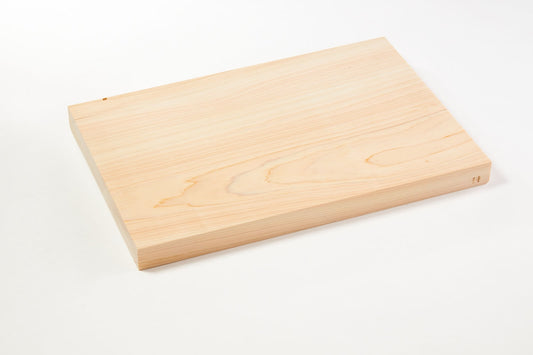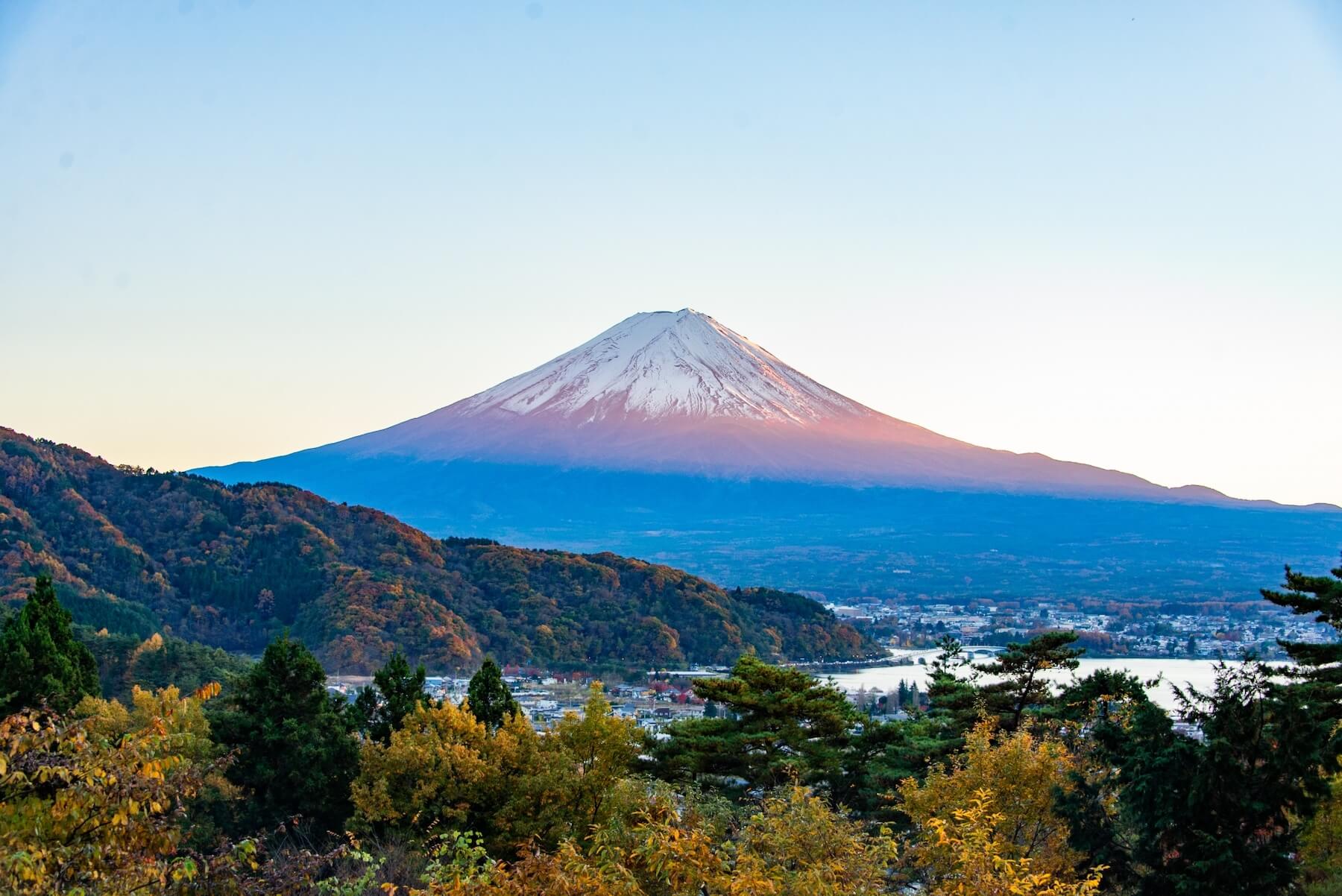
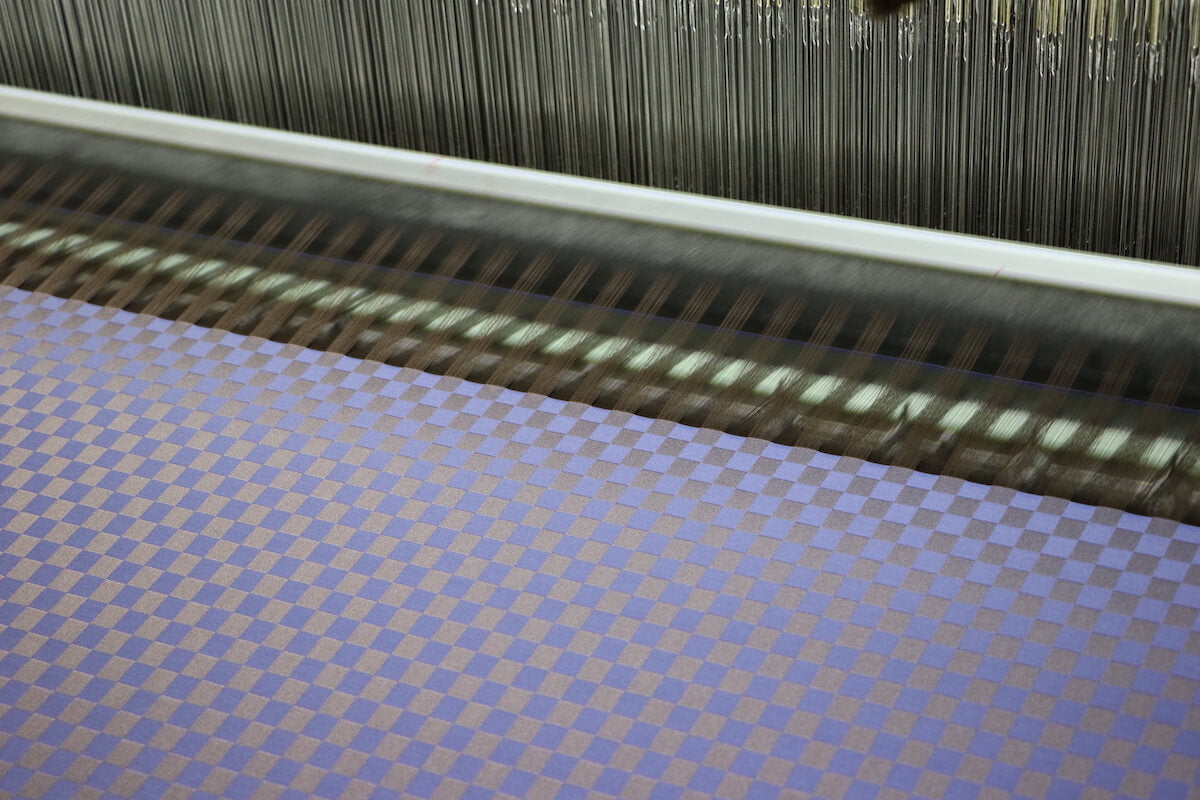
Fujiyama_ORI
ふじやま織り
Fujiyoshia City in Yamanashi Prefecture is a place where weaving has been carried out for a long time. Textiles in Fujiyoshia are known for their Jacquard weaving in which certain colors and patterns stand out depending on the thread used. There are several factories in the city that specialize in different steps of the process and work together to create a single piece of fabric.
Zabuton / Products
-
 Sold out
Sold out座布団|つゆ草 ピンク|ZABUTON
Regular price $70.00 USDRegular priceUnit price / per -
 Sold out
Sold out座布団|つゆ草 グリーン|ZABUTON
Regular price $70.00 USDRegular priceUnit price / per -
 Sold out
Sold out座布団|グラシエ ピンク|ZABUTON
Regular price $71.00 USDRegular priceUnit price / per -
 Sold out
Sold out座布団|グラシエ ブルー|ZABUTON
Regular price $71.00 USDRegular priceUnit price / per -
 Sold out
Sold out座布団|シルビアNo.105 ピンク|ZABUTON
Regular price $71.00 USDRegular priceUnit price / per -
 Sold out
Sold out座布団|シルビアNo.105 ブルー|ZABUTON
Regular price $71.00 USDRegular priceUnit price / per -
 Sold out
Sold out座布団|あこがれ イエロー|ZABUTON
Regular price $69.00 USDRegular priceUnit price / per -
 Sold out
Sold out座布団|あこがれ ピンク|ZABUTON
Regular price $69.00 USDRegular priceUnit price / per -
 Sold out
Sold out座布団|あこがれ グリーン|ZABUTON
Regular price $69.00 USDRegular priceUnit price / per -
 Sold out
Sold out座布団|あこがれ ブルー|ZABUTON
Regular price $69.00 USDRegular priceUnit price / per
Fuji Yoshida / Textile production area
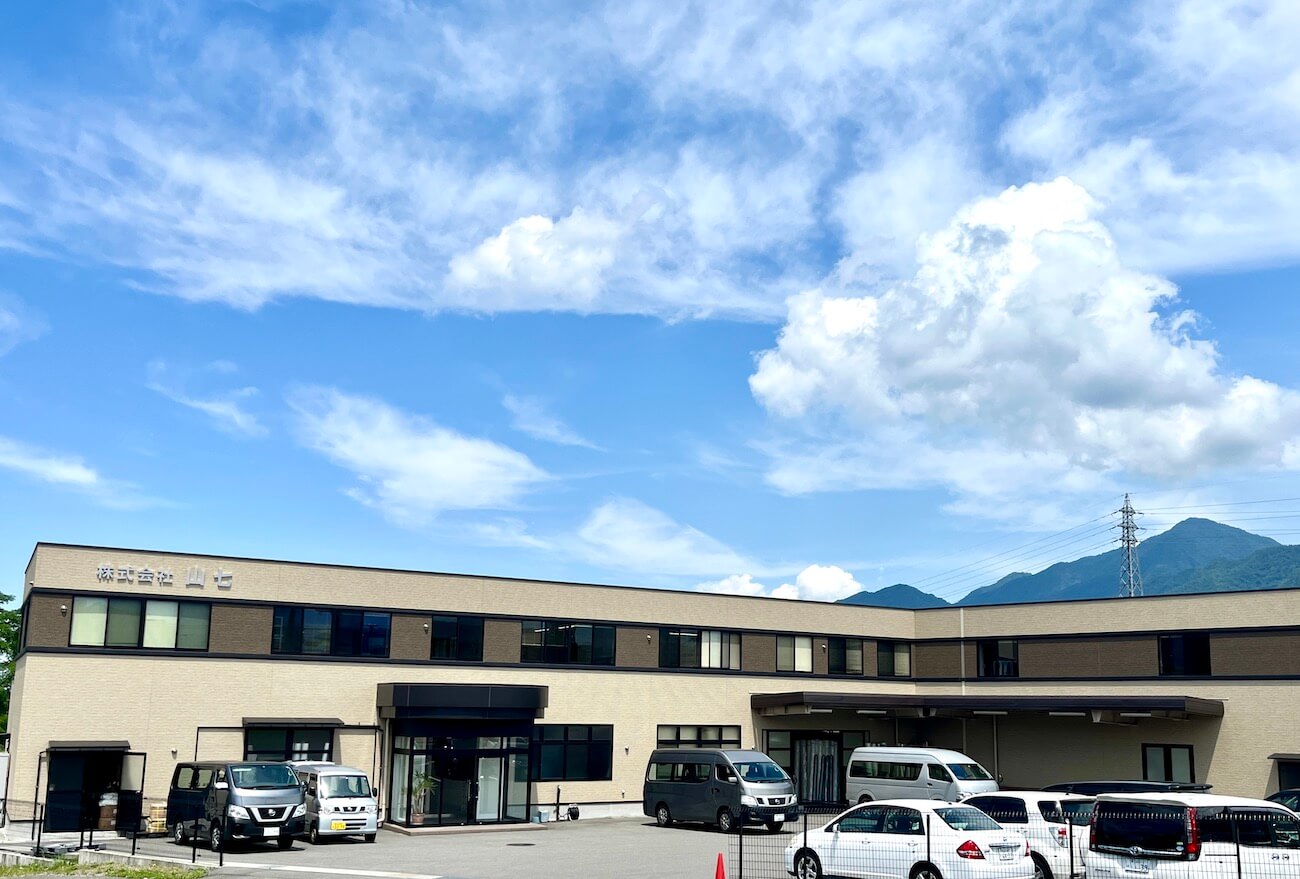
Manufacturing process 1
Planning & Design
Determine the colors and pattern of the fabric, the material, the thickness, the number of twists, density, and warp width
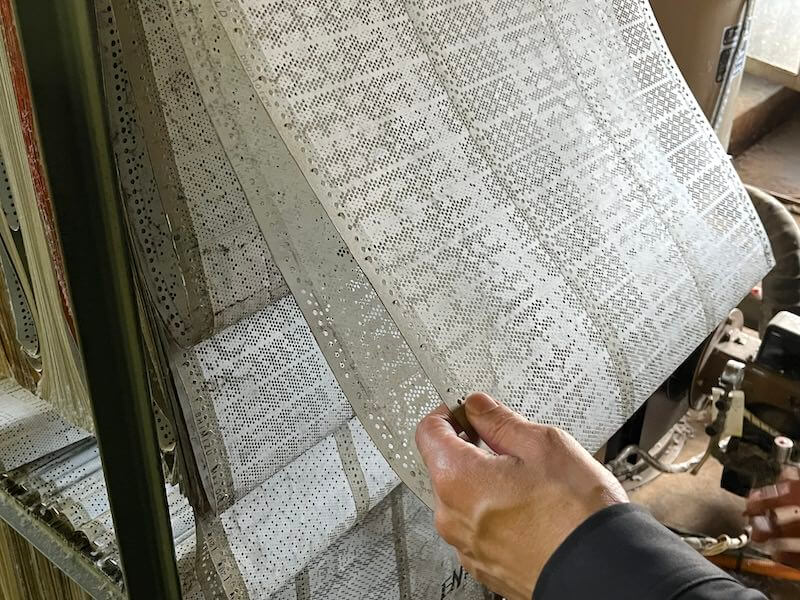
Manufacturing process 2
Making the Punch Cards
Punch cards act like a blueprint for a textile product's design. In Jacquard weaving, the holes in the cards determine the movement of the warp and weft threads, creating a pattern on the fabric.
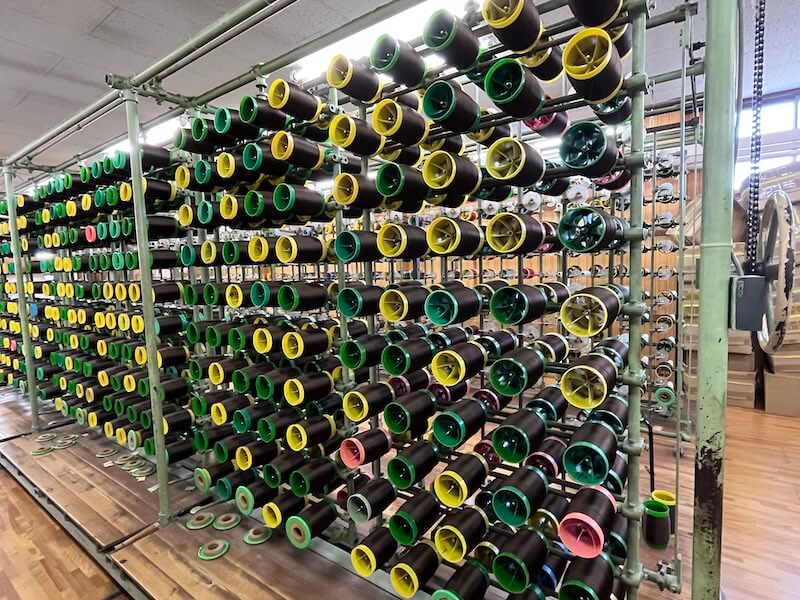
Manufacturing process 3
Twisting, Hanking, & Dyeing
Twisting is the process of winding threads together in order to give them the necessary strength. After the thread has been twisted, it is wound onto a bobbin. It is then rewound into a shape called a hank before dyeing. After that, the yarn dyeing is complete.
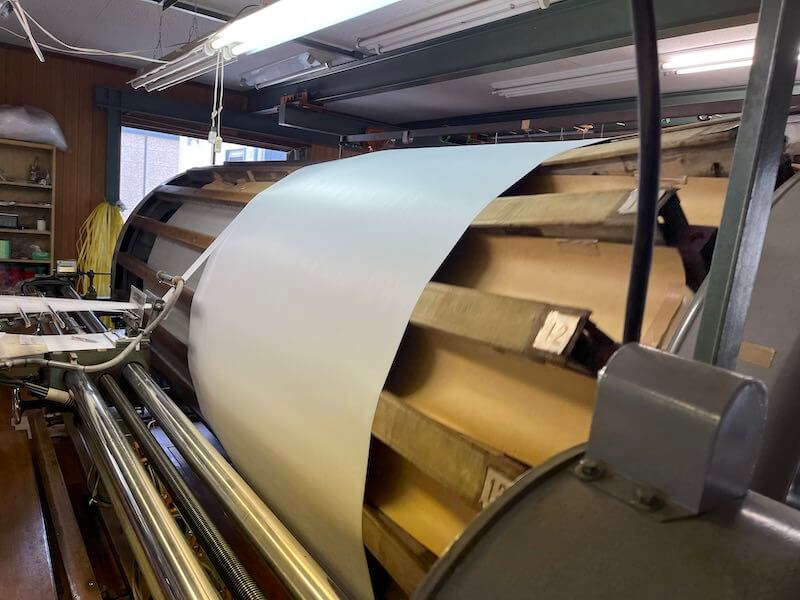
Manufacturing process 4
Warping & Warp Knotting
Warping is the process of arranging yarn-dyed threads according to predetermined numbers, densities, and lengths and winding them on a beam. When replacing a beam with a new one on the loom, the old and new warp threads must be tied together. A skilled craftsperson is in charge of this delicate process of connecting each individual thread with the same tension. The finished beam is then sent to the next factory.
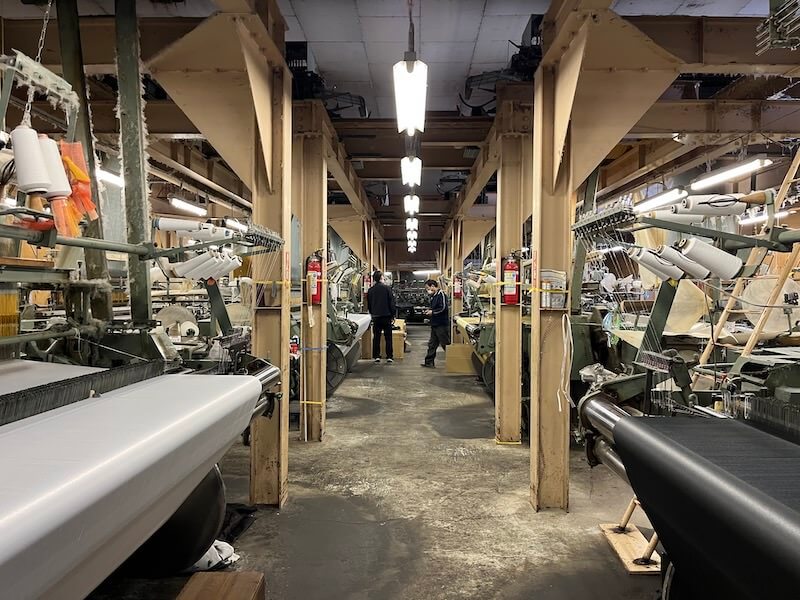
Manufacturing process 5
Weaving
Some 10,000 threads are placed on the loom by craftspeople over a period of one to two weeks. The process of turning thread into fabric is called weaving. The fabric is made by separating the warp threads into upper and lower parts and passing weft threads between them.
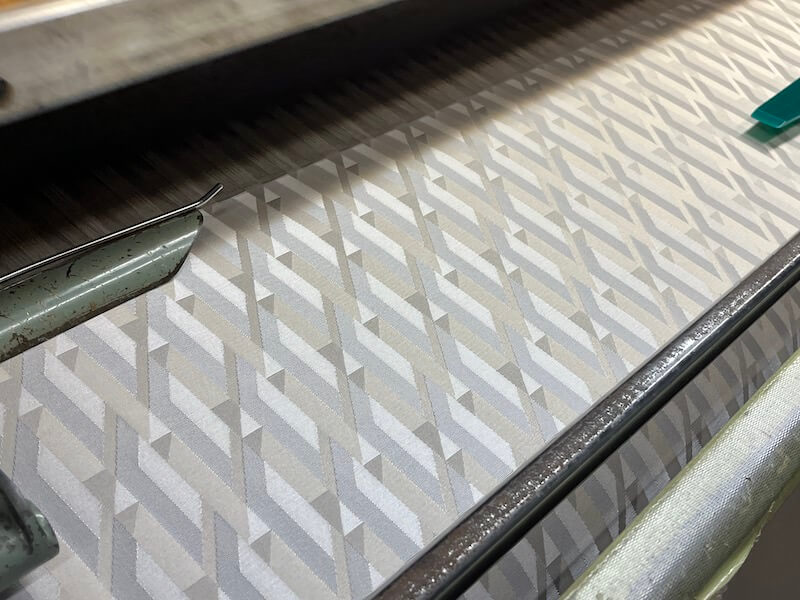
Manufacturing process 6
Fabric Inspection
Fabric Inspection is the process of checking finished fabric for dirt or damage. Visual inspections by craftspeople ensure quality. The front and back sides are carefully inspected and tweezers, needles, and scissors are used to perform mending.
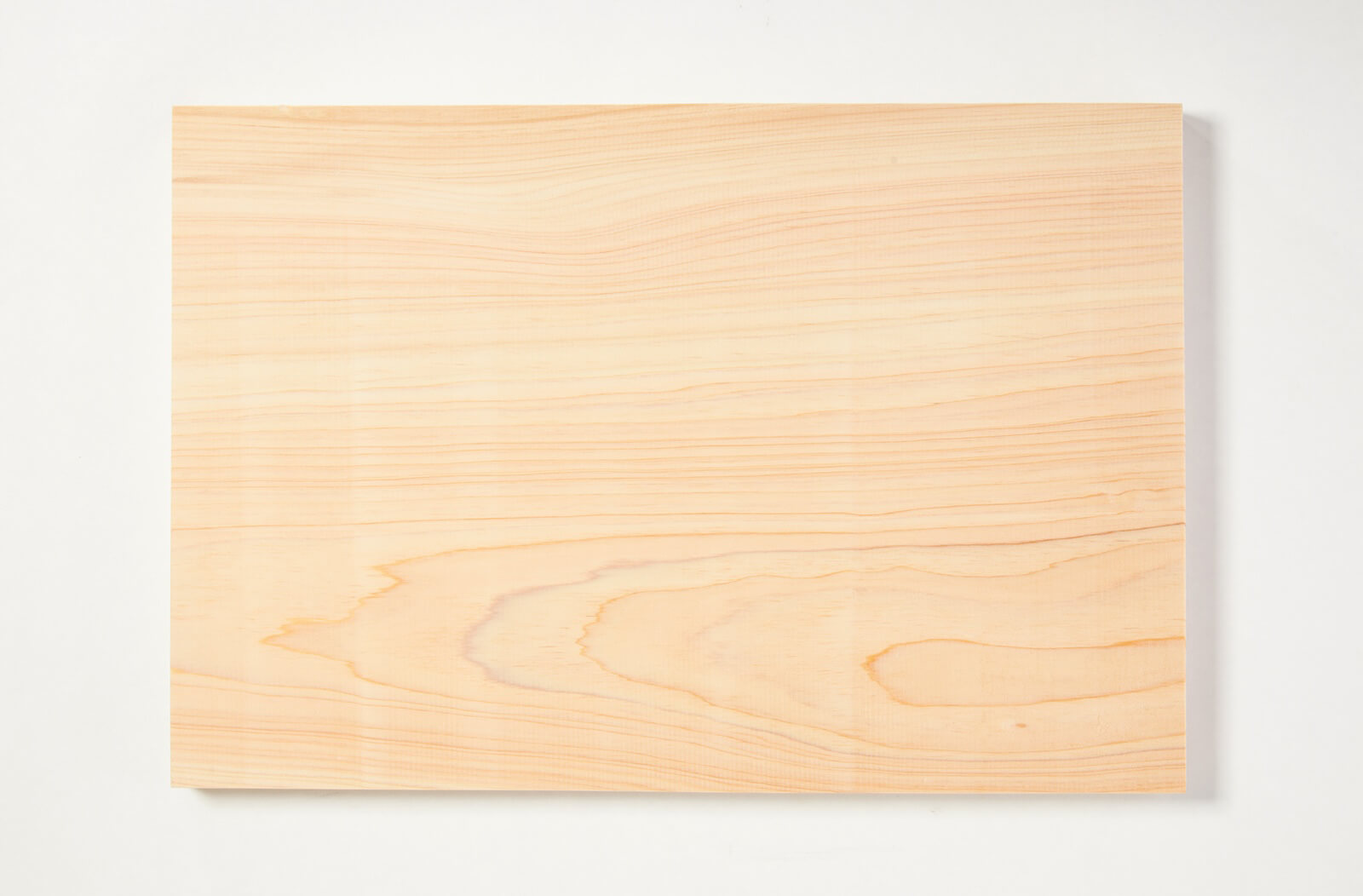
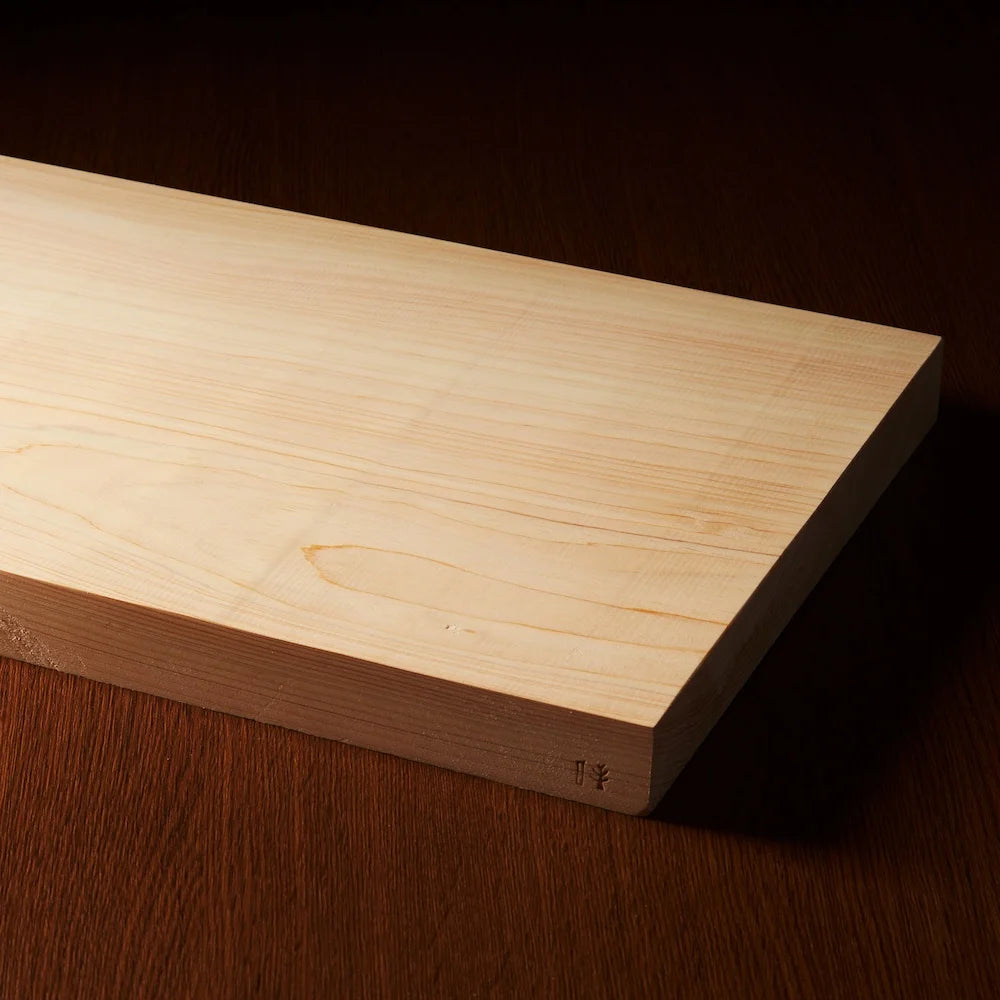
HINOKI
ひのき
Japanese cypress, Hinoki has long been used in Japan as a material for daily life tools.
Cutting boards made of hinoki are widely used in the kitchen of a Japanese homes and Japanese ryotei.
Products
-
Hinoki cutting board (Japanese traditional cooking tool)
Regular price $69.00 USDRegular priceUnit price / per
FAQ
Is it from Japan?
yes. It's made in Japan. Made by Japanese craftsmen.
How much is the shipping cost? Are there any customs duties?
Shipping costs vary depending on the country. Shipping charges will be displayed when you add the item to your cart and proceed to checkout.
Please refer to this table for customs duties.












